The agricultural drying tarp roll is an effective solution that helps farmers protect and enhance the quality of agricultural products during the harvest season. With its durability, convenience, and cost-effectiveness, the tarp roll has become the top choice for both small-scale farmers and large-scale agricultural processing businesses. In this article, let’s explore with Ktarp why agricultural drying tarp rolls are the optimal solution, the common types of tarps, and how to use them effectively.
Benefits Of Agricultural Drying Tarp Rolls
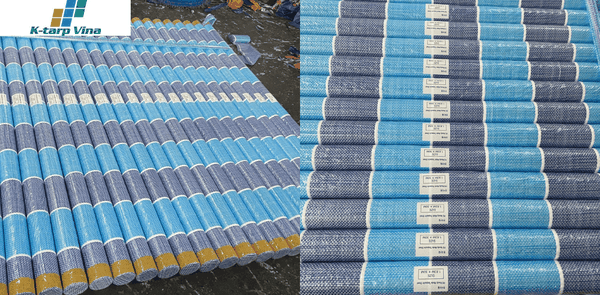
1. Comprehensive Protection for Agricultural Products
Agricultural drying tarp rolls shield crops from adverse weather conditions such as rain, intense sunlight, or strong winds carrying dust. For crops like rice, corn, coffee, pepper, or cashews, maintaining dryness and cleanliness is critical to preventing mold, mildew, or quality degradation. Many tarps are designed with UV-resistant and waterproof coatings, ensuring crops remain in optimal condition.
2. Increased Labor Efficiency
Using an agricultural drying tarp roll saves significant time and effort. When the weather changes unexpectedly, farmers can quickly cover their crops or roll up the tarp without needing to move large quantities of produce. The lightweight, rollable design makes it easy to deploy and store, suitable for both small farms and large-scale processing operations.
3. Long-Term Investment, Cost Savings
High-quality agricultural drying tarp rolls are typically made from durable materials like PE (Polyethylene) or PVC, capable of withstanding harsh weather conditions for years. A one-time investment in a quality tarp can be used across multiple harvest seasons, reducing costs compared to traditional methods like cement drying yards or sacks.
4. High Versatility
Agricultural drying tarp rolls come in various sizes and thicknesses, catering to a wide range of needs, from drying crops in a backyard to large storage facilities. Additionally, tarps can be repurposed for other uses, such as floor lining, equipment covering, or temporary shelters.
Learn more: Alibaba Ktarp Vina
Common Types Of Agricultural Drying Tarp Rolls
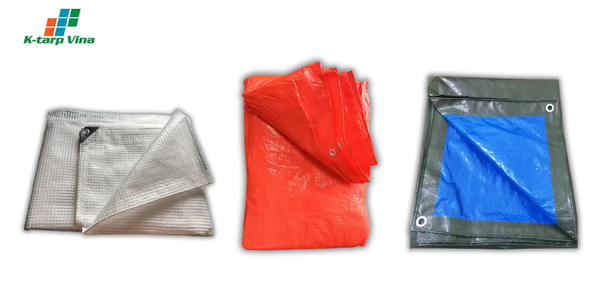
1. PE (Polyethylene) Tarps
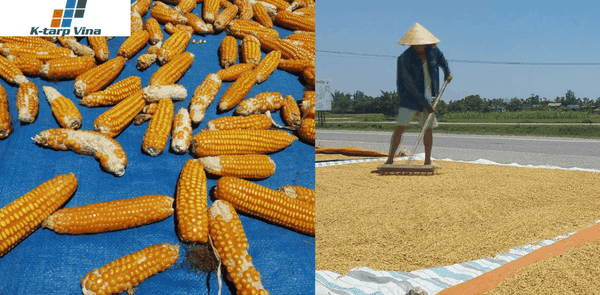
1. Identify Needs and Crop Types
Each crop has unique characteristics, so choose the appropriate tarp:
Use ropes, stakes, or heavy objects (like stones or sandbags) to secure the tarp, especially in windy conditions. This prevents crops from spilling or the tarp from shifting.
5. Combining with Technology
Some modern farmers use tarps in combination with crop-turning machines or automated drying systems to increase efficiency. If feasible, consider investing in these solutions to reduce manual labor.
Tips For Purchasing Agricultural Drying Tarp Rolls
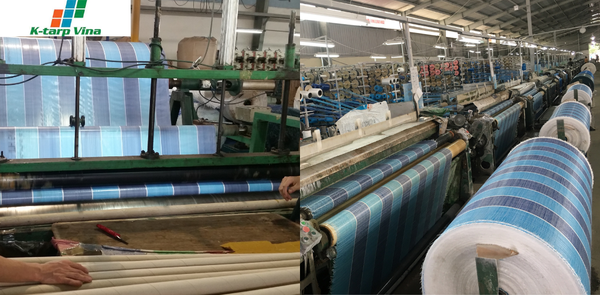
In short the agricultural drying tarp roll is an optimal solution for protecting crop quality, saving time, and reducing costs during the harvest season. With diverse options like PE, PVC, or breathable mesh tarps, you can easily find a product suited to your needs. Pay attention to selecting high-quality tarps and using and storing them properly to maximize efficiency.
Contact Information:
For more information about Ktarp Vina or to request a customized quote, please contact:
Address: Lot No. CN3+CN5+CN22, Tu Da – An Dao Industrial Clusters, Binh Phu Commune, Phu Ninh District, Phu Tho Province, Vietnam
Phone: +84 982 938 065
Email: sunnyktarpvina@gmail.com
Benefits Of Agricultural Drying Tarp Rolls

1. Comprehensive Protection for Agricultural Products
Agricultural drying tarp rolls shield crops from adverse weather conditions such as rain, intense sunlight, or strong winds carrying dust. For crops like rice, corn, coffee, pepper, or cashews, maintaining dryness and cleanliness is critical to preventing mold, mildew, or quality degradation. Many tarps are designed with UV-resistant and waterproof coatings, ensuring crops remain in optimal condition.
2. Increased Labor Efficiency
Using an agricultural drying tarp roll saves significant time and effort. When the weather changes unexpectedly, farmers can quickly cover their crops or roll up the tarp without needing to move large quantities of produce. The lightweight, rollable design makes it easy to deploy and store, suitable for both small farms and large-scale processing operations.
3. Long-Term Investment, Cost Savings
High-quality agricultural drying tarp rolls are typically made from durable materials like PE (Polyethylene) or PVC, capable of withstanding harsh weather conditions for years. A one-time investment in a quality tarp can be used across multiple harvest seasons, reducing costs compared to traditional methods like cement drying yards or sacks.
4. High Versatility
Agricultural drying tarp rolls come in various sizes and thicknesses, catering to a wide range of needs, from drying crops in a backyard to large storage facilities. Additionally, tarps can be repurposed for other uses, such as floor lining, equipment covering, or temporary shelters.
Learn more: Alibaba Ktarp Vina
Common Types Of Agricultural Drying Tarp Rolls

1. PE (Polyethylene) Tarps
- Features: Lightweight, affordable, easy to roll up, smooth surface.
- Advantages: Good waterproofing, ideal for short-term drying crops like rice, corn, or peanuts.
- Disadvantages: Less durable than PVC tarps, prone to tearing under prolonged harsh conditions.
- Applications: Suitable for small farms or short harvest seasons.
- Features: Thick, sturdy, with advanced UV-resistant and waterproof coatings.
- Advantages: High durability, withstands extreme weather and temperatures, ideal for long-term drying of crops like coffee, pepper, or cashews.
- Disadvantages: Higher cost and heavier than PE tarps.
- Applications: Perfect for agricultural processing businesses or farmers needing high-quality tarps.
- Features: Perforated design allows air circulation, reducing the risk of mold.
- Advantages: Suitable for crops requiring natural drying, such as herbs, tea leaves, or small seeds.
- Disadvantages: Not fully waterproof, requires combination with waterproof tarps during rain.
- Applications: Used for crops needing ventilation during drying.

1. Identify Needs and Crop Types
Each crop has unique characteristics, so choose the appropriate tarp:
- Rice, corn: PE tarps or breathable mesh tarps.
- Coffee, pepper, cashews: PVC tarps or specialized waterproof lining tarps.
- Herbs, tea leaves: Breathable mesh tarps combined with waterproof tarps.
- Size: Measure the drying area and crop volume to choose a tarp with suitable dimensions. The tarp should be 10-20% larger than the drying area for easy coverage.
- Thickness: Tarps with 0.3-0.5mm thickness are suitable for short-term drying; 0.5-1mm tarps are ideal for long-term use.
- Before use: Wash the tarp to remove dust and prevent contamination of crops.
- After use: Dry the tarp, roll it up neatly, and store it in a dry place away from direct sunlight to prevent material degradation.
- Periodic checks: Inspect the tarp before each season to detect damage and repair small tears to extend its lifespan.
Use ropes, stakes, or heavy objects (like stones or sandbags) to secure the tarp, especially in windy conditions. This prevents crops from spilling or the tarp from shifting.
5. Combining with Technology
Some modern farmers use tarps in combination with crop-turning machines or automated drying systems to increase efficiency. If feasible, consider investing in these solutions to reduce manual labor.
Tips For Purchasing Agricultural Drying Tarp Rolls

- Choose Reputable Suppliers
Purchase tarps from trusted suppliers with clear warranty policies. Check user reviews or seek recommendations from agricultural cooperatives. - Inspect Material Quality
Request detailed information about the tarp’s material, thickness, and UV/waterproof capabilities. If possible, test a sample before buying in bulk. - Compare Prices
Tarp prices vary based on material and size. PE tarps typically cost $0.4-$0.8/m², while PVC tarps range from $1.2-$2/m². Avoid overly cheap tarps, as they may lack quality. - Check Return Policies
Ensure the supplier offers a return policy in case of defective or incorrect tarps.
| Criteria | Agricultural Drying Tarp Roll | Traditional Methods (Cement Yards, Sacks) |
|---|---|---|
| Cost | Initial investment, reusable multiple times | High construction cost, difficult to relocate |
| Flexibility | Easy to move and roll up | Fixed, hard to change location |
| Crop Protection | Effective waterproofing | Susceptible to rain and dust |
| Lifespan | 3-5 years (depending on material) | Long-lasting but requires frequent maintenance |
In short the agricultural drying tarp roll is an optimal solution for protecting crop quality, saving time, and reducing costs during the harvest season. With diverse options like PE, PVC, or breathable mesh tarps, you can easily find a product suited to your needs. Pay attention to selecting high-quality tarps and using and storing them properly to maximize efficiency.
Contact Information:
For more information about Ktarp Vina or to request a customized quote, please contact:
Address: Lot No. CN3+CN5+CN22, Tu Da – An Dao Industrial Clusters, Binh Phu Commune, Phu Ninh District, Phu Tho Province, Vietnam
Phone: +84 982 938 065
Email: sunnyktarpvina@gmail.com

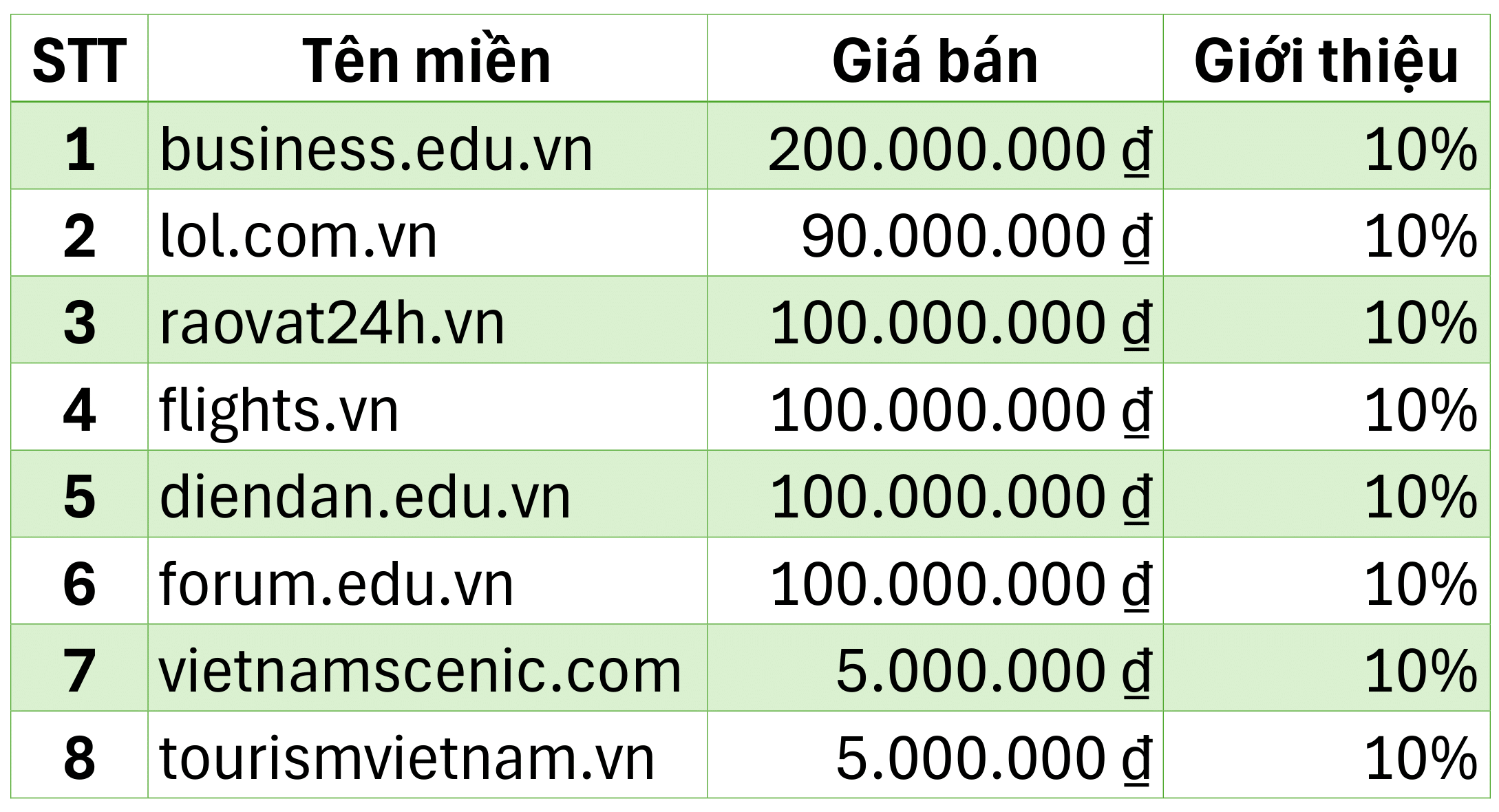
 Vận hành bởi Trương Anh Vũ®
Vận hành bởi Trương Anh Vũ®